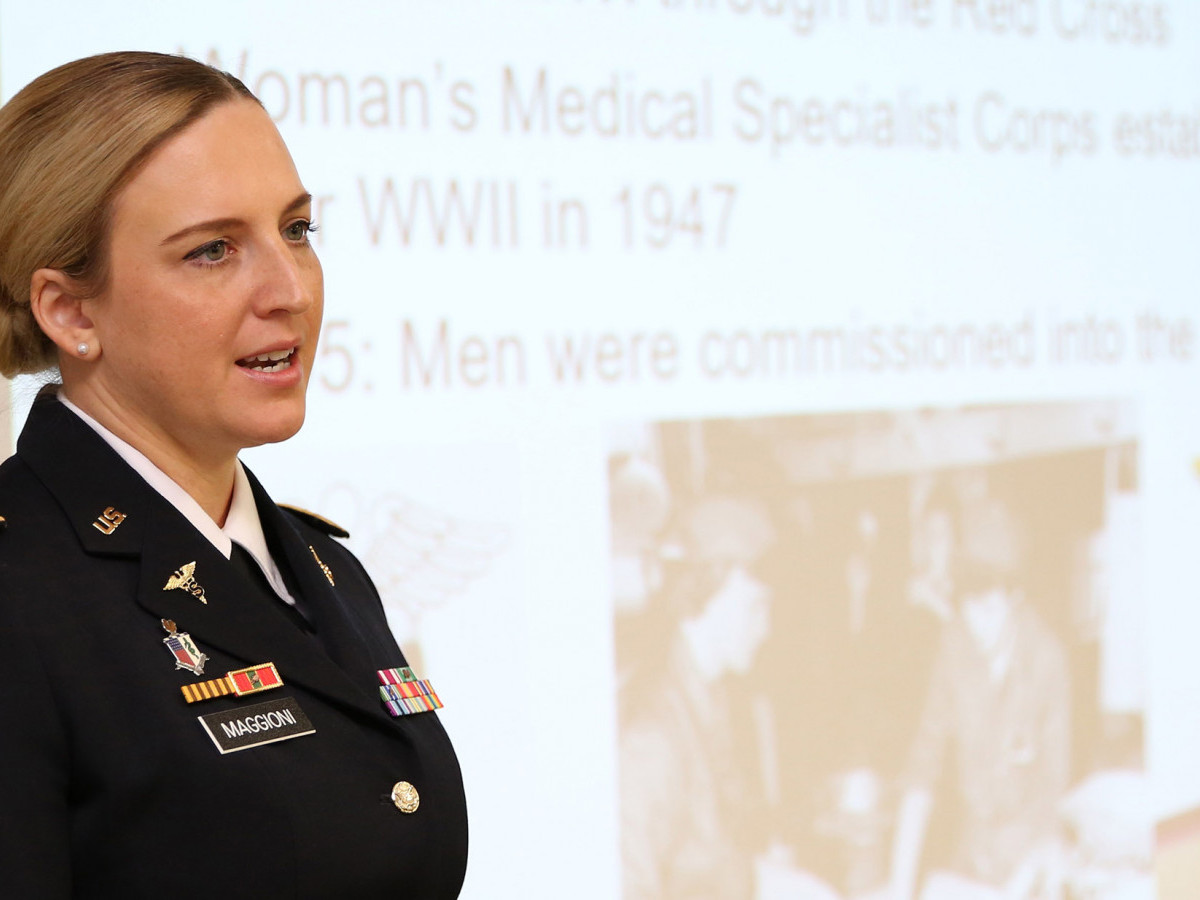Mission of the University of Georgia
The University of Georgia, a land-grant and sea-grant university with statewide commitments and responsibilities, is the state’s oldest, most comprehensive, and most diversified institution of higher education. Its motto, “to teach, to serve, and to inquire into the nature of things,” reflects the University’s integral and unique role in the conservation and enhancement of the state’s and nation’s intellectual, cultural, and environmental heritage. With its statewide mission and core characteristics, the University of Georgia endeavors to prepare the University community and the state for full participation in the global society of the twenty-first century. Through its programs and practices, it seeks to foster the understanding of and respect for cultural differences necessary for an enlightened and educated citizenry. It further provides for cultural, ethnic, gender, and racial diversity in the faculty, staff, and student body.
Read the full Mission of the University of Georgia
Mission of the College of Family and Consumer Sciences
Our mission is to advance the well-being of diverse individuals and families over their life span and strengthen communities through the generation and dissemination of knowledge, development of professionals, and provision of research-based programs.
Mission of the Department of Nutritional Sciences
The mission of the Department of Nutritional Sciences is to prepare students to function as professionals, to meet changing needs of society and industry in the areas of foods and nutrition, to generate scholarly work in our discipline, and to educate the public about special issues in nutrition and foods.
Mission of the Didactic Program in Dietetics
The mission of the didactic program in dietetics (DPD) is to prepare graduates for successful careers in nutrition and dietetics and encourage pursuit of leadership roles in their profession and in society via completion of a baccalaureate degree. Graduates will have the knowledge and skills needed to be successful in both graduate and supervised practice programs leading to eligibility for the CDR credentialing exam to become an entry-level registered dietitian nutritionist. Graduates will use research to guide them in making evidence-based decisions, be able to communicate effectively, use resources wisely, and engage in lifelong learning in order to achieve success in the nutrition and dietetics profession.
Educational Philosophy of the Didactic Program in Dietetics
The Didactic Program in Dietetics embraces the shared mission of the university, college, and department by emphasizing quality, evidence-based education, leadership, and the development of competent professionals. Our philosophy centers on learner-driven, real-world application of classroom concepts. Instructors promote active learning, critical thinking, and continuous improvement over rote memorization, while supporting students both academically and personally to help them reach their goals.
-
Program Goals
Program outcomes data are available upon request. Contact Dr. Emma Laing.
-
Program Goal 1
Graduates will be well prepared to succeed in supervised practice programs and as professionals in fields related to dietetics.
-
Program Objectives for Goal 1
a) At least 80% of students complete program requirements within 3 years (150% of the program length).
b) At least 60 percent of program graduates apply for admission to a supervised practice program prior to or within 12 months of graduation.
c) Of program graduates who apply to a supervised practice program, at least 70 percent are admitted within 12 months of graduation.
d) The program’s one-year pass rate (graduates who pass the registration exam within one year of first attempt) on the CDR credentialing exam for dietitian nutritionists is at least 80%.
e) At least 80% of graduates will indicate that they felt well prepared for their first job and will rate their education at the University of Georgia as good or excellent.
f) At least 90% of supervised practice program directors will rate University of Georgia graduates as generally comparable to other graduates, above average, or as exceptional in selected knowledge and skills areas.
-
Program Goal 2
Graduates will provide leadership to their communities through service activities related to foods, nutrition, and health.
-
Program Objective for Goal 2
a) At least 50% of the graduates of the DPD will be involved in volunteer or leadership activities in their local and professional communities, as evidenced by their responses on the alumni survey sent within 2 years following graduation.
Featured Alumni

Lori Maggioni
MAJ Maggioni, an RDN in the US Army, received dual Nutrition Science and Dietetics degrees. She gained experience in data collection, analysis, and scientific writing while pursuing her degree.
